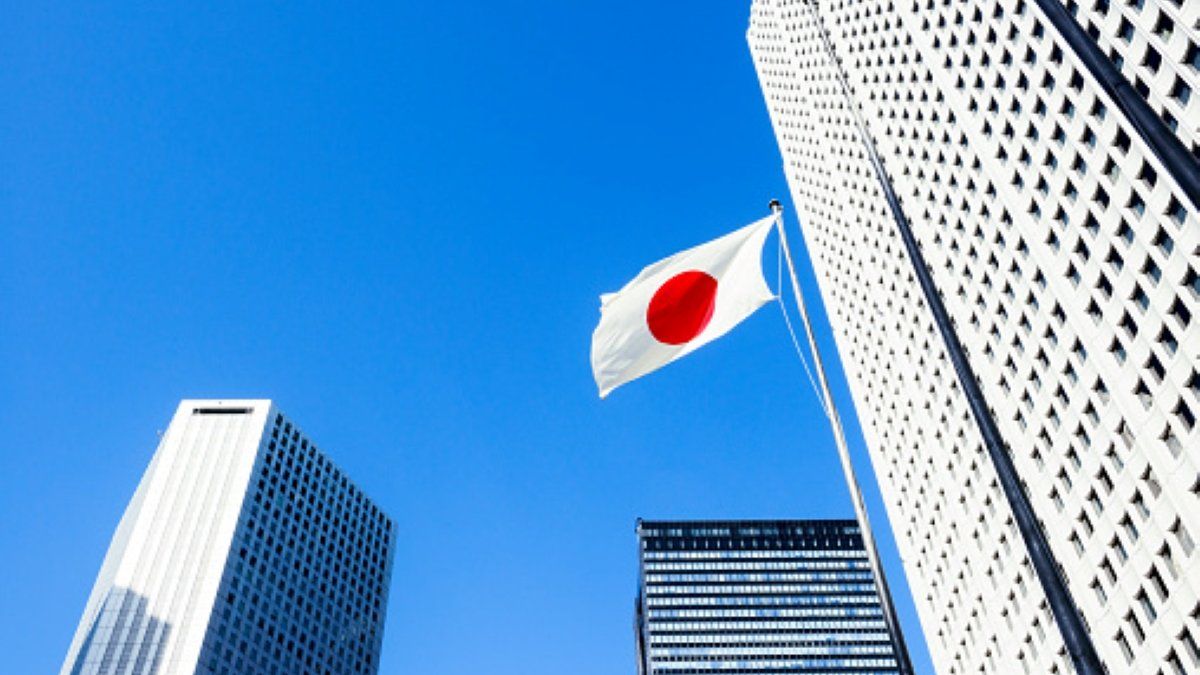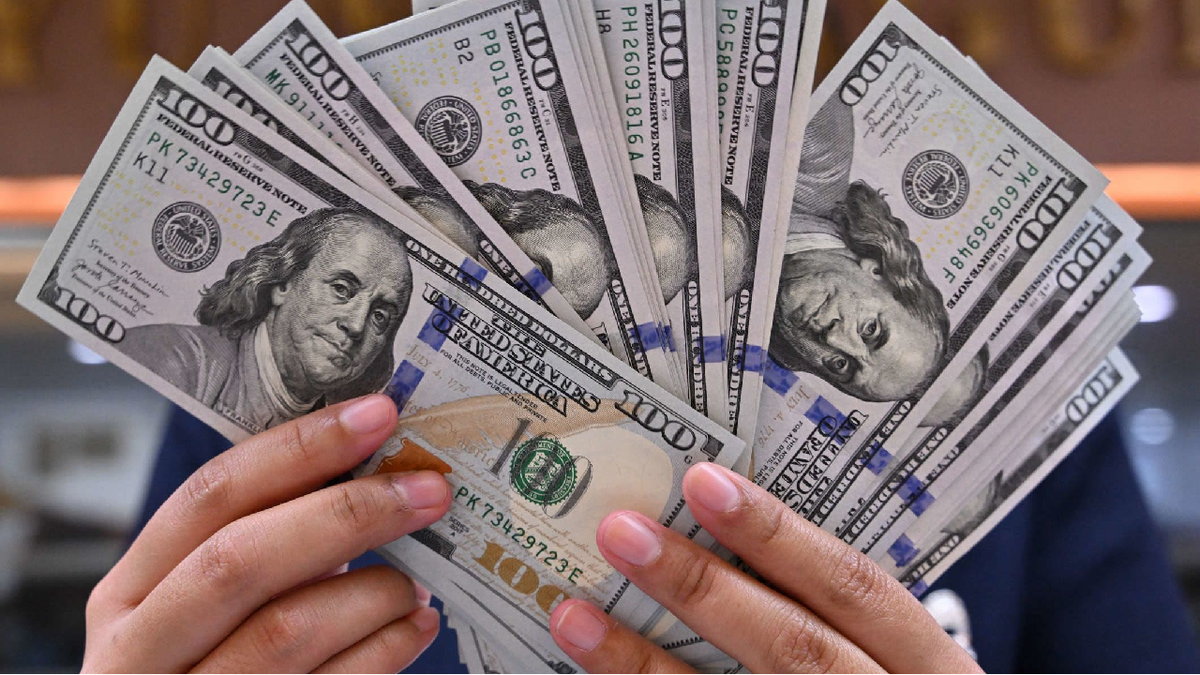In 2019Japan received the record number of 31.9 million of foreign tourists and the country seemed on track to reach the goal of 40 million visitors by 2020, the year in which it was due to host the Olympic Games. But With the sanitary restrictions, the country received only 250,000 visitors in 2021, when the Games postponed due to the pandemic were held.
“Japan had moderate growth in the fourth quarter of 2022,” he said. Hiroyuki Ueno, economist at SuMi TRUST, in a note ahead of the GDP release. Ueno further noted that the outlook for the first half of 2023 “is positive”with the expectation that the increase in the price of imports will be contained thanks to the stabilization of inflation in Europe and the United States.
The third largest economy in the world grew 1.1% in 2022. Thus, it avoided recession, although business investment plummeted, a sign of the challenge the central bank faces in phasing out its massive stimulus program.
Annualizing the last quarter, it grew 0.6%, after falling a revised 1.0% in July-September.
The forecast market average was one 2% increasedue to falling capital spending and inventories.
“With other advanced economies entering recession, we continue to expect net trade to drag Japan into recession in the first half as well, especially as business investment is weakening faster than we expected,” he said. Darren TaylorJapan economist at Capital Economics.
He private consumption, which represents more than half of Japan’s GDP, rose 0.5% in the fourth quarterbut capital expenditures fell 0.5%above market forecasts for a 0.2% decline, the data showed.
“From negative growth in July-September, the rebound is not very impressive,” he said. Toru Suehiro, chief economist at Daiwa Securities. “We can expect consumption to pick up as spending on services stabilizes. But it is difficult to project a strong recovery, partly due to the pressure of rising inflation.”
Monetary policy makers expect the rebound in domestic consumption, driven by savings accumulated during the pandemiclast long enough for the wages pick up and cushion the impact on households of the rising cost of food and fuel.
With a inflation that surpasses the 2% target set by the Bank of Japanthe outlook for the economy and wages will be key to how long it takes for the central bank to phase out its massive stimulus program.
Inflation levels pushed the country to apply its Biggest pay rise in 26 years. So Japanese workers’ pay rose in December at the fastest rate since 1997.
Source: Ambito




